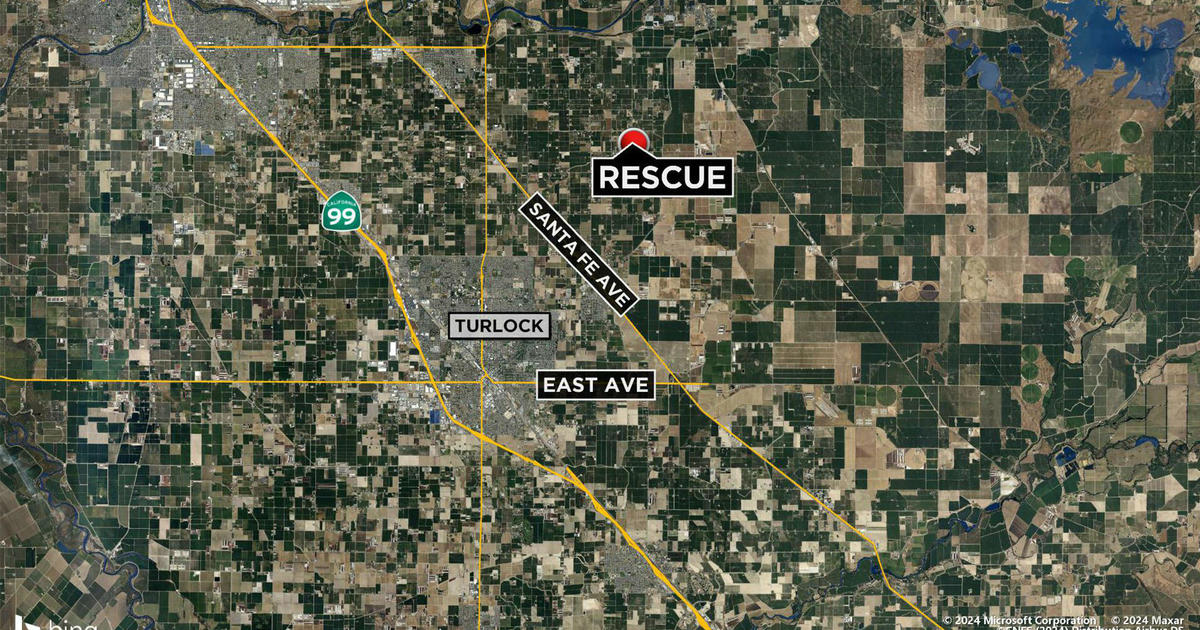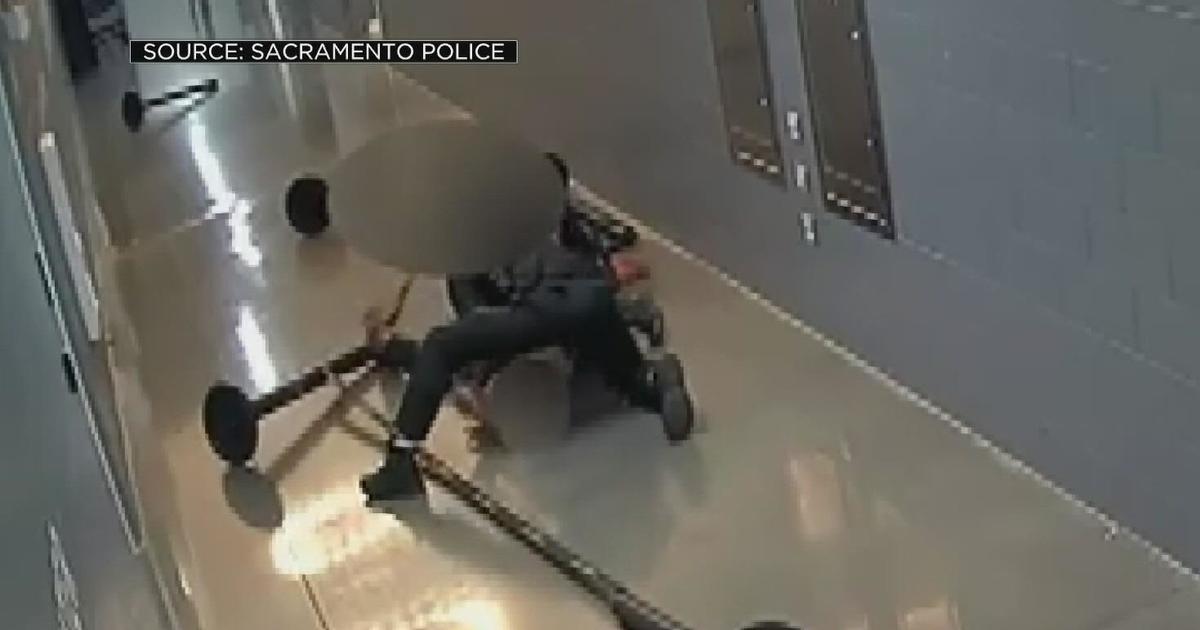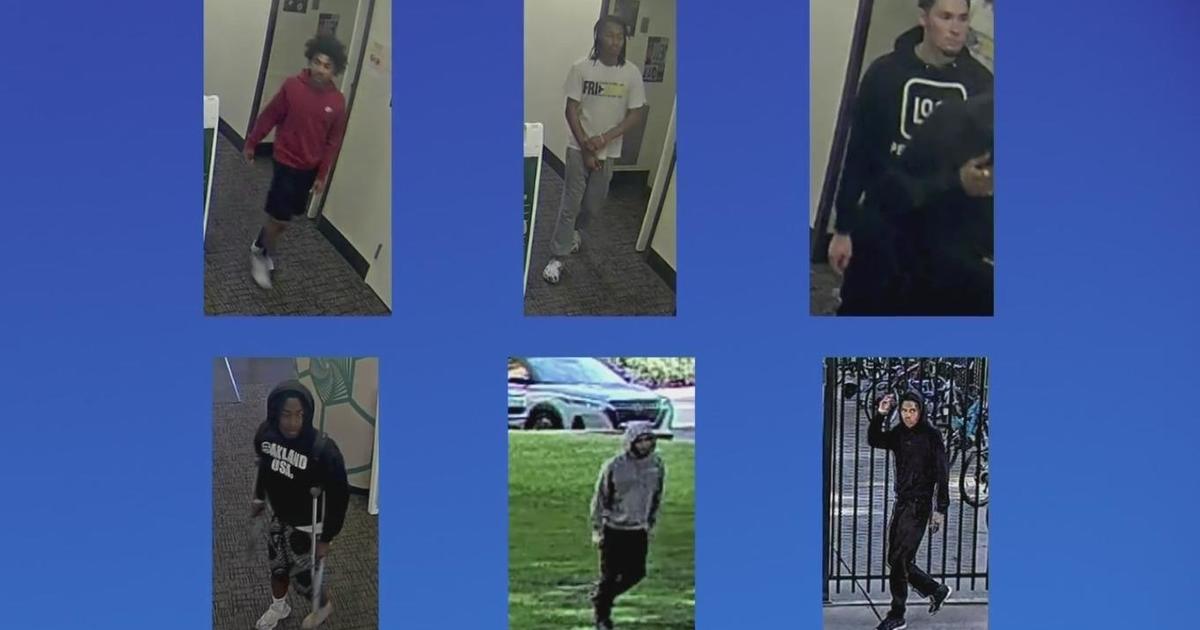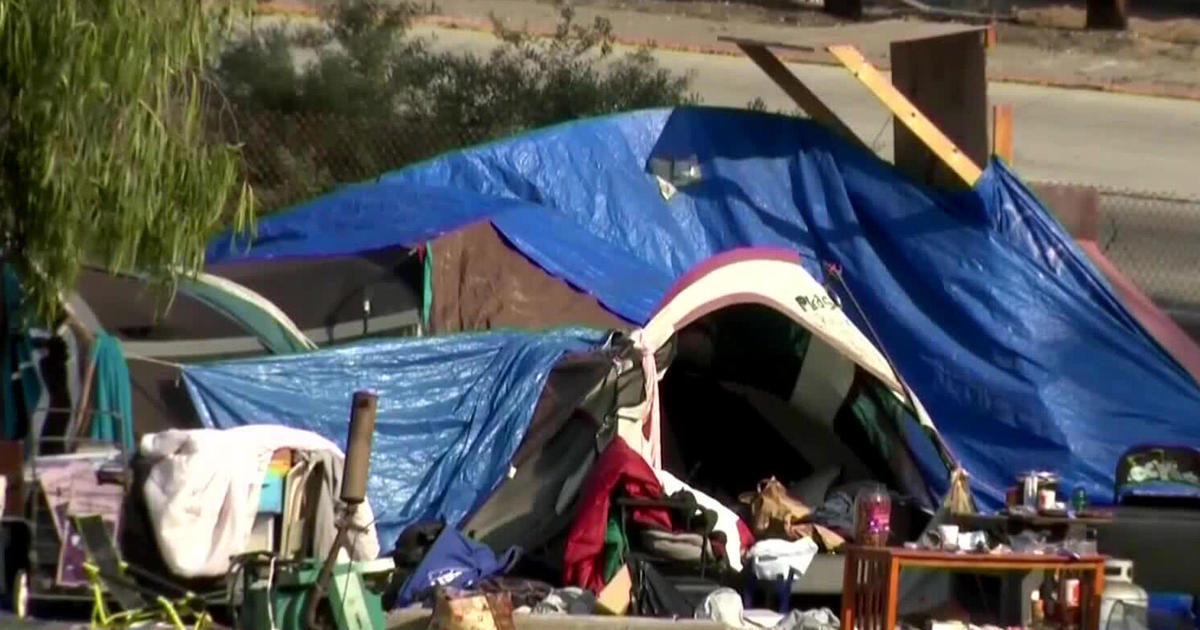Newsom Mixes Decisions On Labor, Crime, Housing
SACRAMENTO (AP/CBS13) – Gov. Gavin Newsom was no rigid ideologue when it came to his decisions on the hundreds of bills sent to him in an odd legislative year shortened by the coronavirus. The first-term Democrat most often sided with labor, immigration and criminal justice reform groups but also vetoed bills they had made priorities.
Among some of his higher-profile decisions:
BUSINESS and LABOR
He signed measures shifting the burden of proof for allowing workers' compensation based on coronavirus; requiring employers to warn employees if they might have been exposed to the coronavirus; and allowing more paid family leave.
But he vetoed a labor priority bill that would have required the hospitality industry to give laid-off workers first dibs on getting their old jobs back, and drew protests Thursday for vetoing a measure that would have ended the nearly 50-year exclusion of domestic workers from protections under CAL/OSHA, the California Occupational Safety Health Act.
RACIAL JUSTICE
He created a study commission on slavery reparations; mandated more diversity on corporate boards; and earlier made ethnic studies a California State University graduation requirement.
But Newsom blocked making ethnic studies a high school graduation requirement, citing controversy over the model curriculum, and rejected giving low-income immigrants $600 to buy groceries citing the cost.
HOUSING
He signed measures capping rent and temporarily blocking evictions, but vetoed proposals to guarantee housing for all and creating an Office to End Homelessness.
CRIMINAL JUSTICE
Newsom approved banning choke holds; increasing oversight of both sheriffs and the killings of unarmed suspects by police; allowing mistrials if defendants can prove racial bias; limiting probation terms; and phasing out state-operated juvenile prisons.
But he rejected providing state funding for community organizations to take over some police duties to de-escalate confrontations; allowing parolees to reduce the length of their supervision; creating a California Reentry Commission; or requiring police to notify the state whenever an officer is fired — in most cases saying the bills track similar existing or pending efforts.
HEALTH CARE
He backed requiring insurers to cover more mental health treatment; using the state's market power to lower the cost of generic drugs; banning flavored tobacco; requiring hospitals to boost supplies of masks, gloves and other protective equipment; and letting nurse practitioners practice without supervision.
But he rejected consumer privacy protections for genetic testing companies and requiring insurers to cover telehealth consultation for children and pregnant and new mothers.



